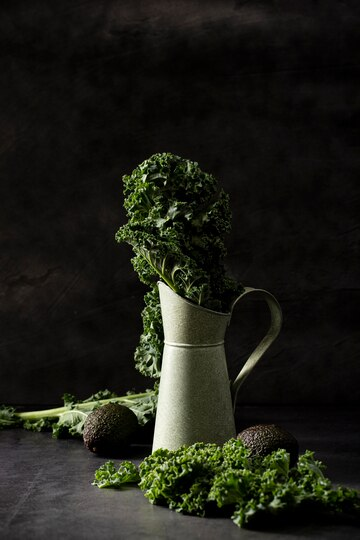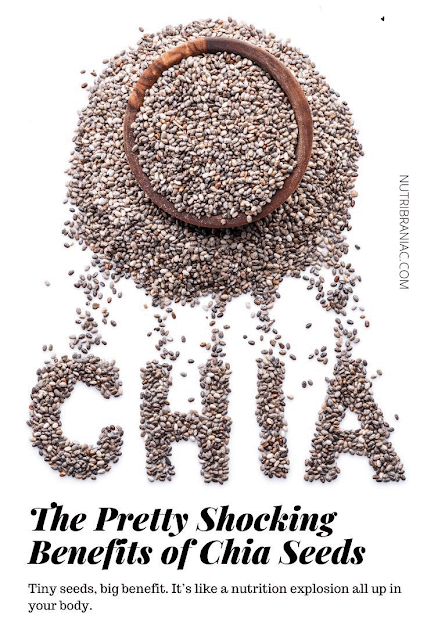The Ultimate Guide to Superfoods: Boost Your Health with These Nutrient-Rich Foods
Are You Still Confused About What to Eat to Complement Your Diet? Here Are Superfoods You Should Include
In the quest for better health, many people find themselves overwhelmed by the myriad of dietary choices available. If you’re still confused about what to eat to complement your diet, you’re not alone. Superfoods are nutrient-rich foods that can significantly boost your health. Let’s explore some of these superfoods, their health benefits, and how to incorporate them into your meals.
What Are Superfoods?
Superfoods are foods that are packed with essential nutrients, antioxidants, and other beneficial compounds that can support overall health. These foods are typically whole, unprocessed, and naturally rich in vitamins, minerals, and other nutrients that can provide a variety of health benefits.
Highlighting Superfoods and Their Health Benefits
1.Blueberries
Blueberries are known for their high antioxidant content, particularly anthocyanins, which give them their vibrant color. These antioxidants help combat oxidative stress and inflammation in the body. Blueberries are also rich in vitamins C and K, as well as dietary fiber.
Benefits: Improves brain function, supports heart health, and enhances immune function.
2 Kale
Kale is a nutrient-dense leafy green vegetable packed with vitamins A, C, and K, as well as fiber, calcium, and iron. It also contains powerful antioxidants such as quercetin and kaempferol.
Benefits: Promotes healthy skin and hair, supports bone health, and provides anti-inflammatory benefits.
3. Quinoa
Quinoa is a gluten-free grain that contains all nine essential amino acids, making it a complete protein. It’s also high in fiber, magnesium, B vitamins, iron, potassium, and various beneficial antioxidants.
Benefits: Supports muscle repair and growth, aids in digestion, and helps maintain healthy blood sugar levels.
4. Salmon
Salmon is a fatty fish rich in omega-3 fatty acids, protein, and various vitamins and minerals, including vitamin D and selenium. The omega-3s in salmon are crucial for brain health and reducing inflammation.
Benefits: Supports heart health, improves cognitive function, and reduces the risk of chronic diseases.
5.Chia
Chia seeds are tiny but mighty when it comes to nutritional value. They are rich in omega-3 fatty acids, fiber, protein, calcium, and magnesium. They also absorb liquid, forming a gel-like consistency, which can help with hydration.
Benefits: Supports digestive health, aids in weight loss, and provides sustained energy.
6.Avocados
Avocados are packed with healthy monounsaturated fats, fiber, potassium, and vitamins C, E, K, and B-6. They also contain lutein, which is beneficial for eye health.
Benefits: Supports heart health, improves digestion, and promotes healthy skin.
Keywords: avocados, healthy fats, heart health, skin health
7. Turmeric
Turmeric contains curcumin, a powerful anti-inflammatory and antioxidant compound. It’s been used in traditional medicine for centuries to treat various ailments.
Benefits: Reduces inflammation, supports joint health, and boosts brain function.
8. Greek Yogurt
Greek yogurt is rich in protein, probiotics, calcium, and B vitamins. Probiotics are beneficial bacteria that support gut health and enhance immune function.
Benefits: Supports digestive health, builds muscle, and strengthens bones.
9. Almonds
Almonds are a great source of healthy fats, protein, fiber, magnesium, and vitamin E. They also contain antioxidants that can help protect your cells from oxidative damage.
Benefits: Promotes heart health, aids in weight management, and supports skin health.
10. Green Tea
Green tea is rich in antioxidants, particularly catechins, which can enhance brain function, support fat loss, and reduce the risk of cancer.
Benefits: Boosts metabolism, improves brain function, and provides a gentle energy boost.
How to Incorporate Superfoods into Your Meals
1. Breakfast
- Add blueberries and chia seeds to your morning yogurt or smoothie.
- Make a green smoothie with kale, avocado, and Greek yogurt.
2.Lunch
- Prepare a quinoa salad with kale, avocado, and almonds.
- Enjoy a salmon and kale wrap with a side of Greek yogurt dip.
3. Dinner
- Bake salmon with a turmeric and almond crust, served with a side of quinoa and kale.
- Make a hearty vegetable stir-fry with kale, quinoa, and a sprinkle of chia seeds.
4. Snacks
- Snack on a handful of almonds or a cup of Greek yogurt with blueberries.
- Brew a cup of green tea to enjoy between meals.
Conclusion
Incorporating superfoods into your diet can provide numerous health benefits, from boosting brain function to improving heart health and aiding in digestion. By including a variety of these nutrient-dense foods in your meals, you can enhance your overall well-being and enjoy a more balanced diet. Start with simple changes, and gradually incorporate more superfoods into your daily routine for optimal health.













Comments